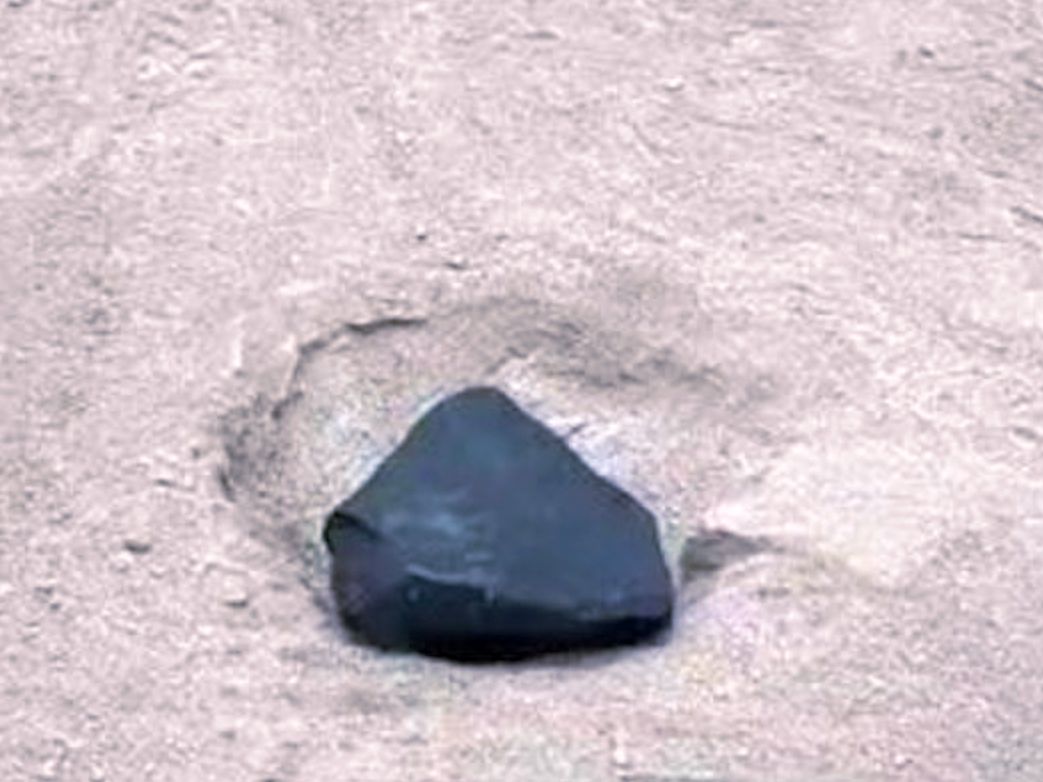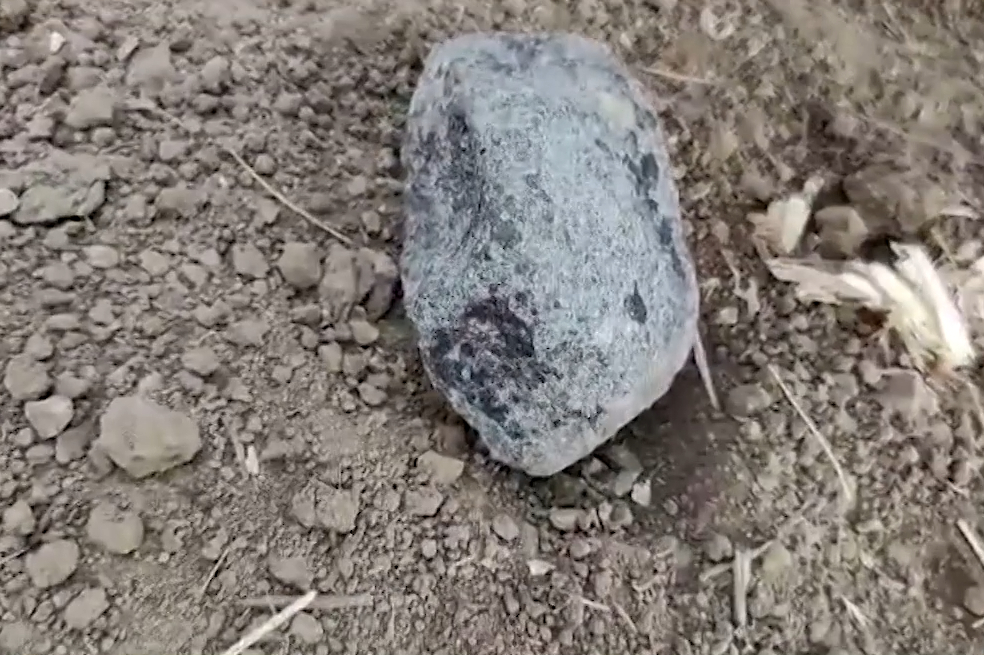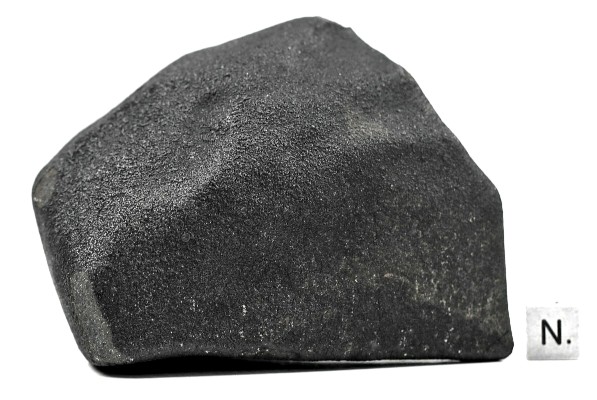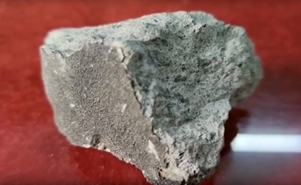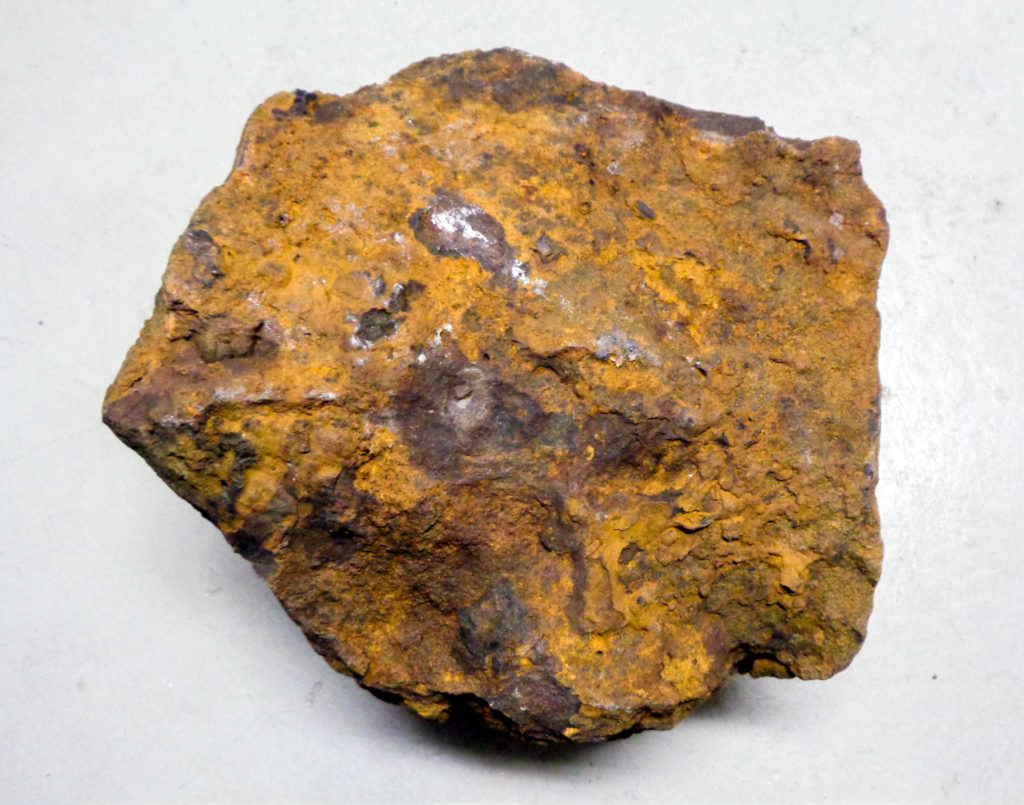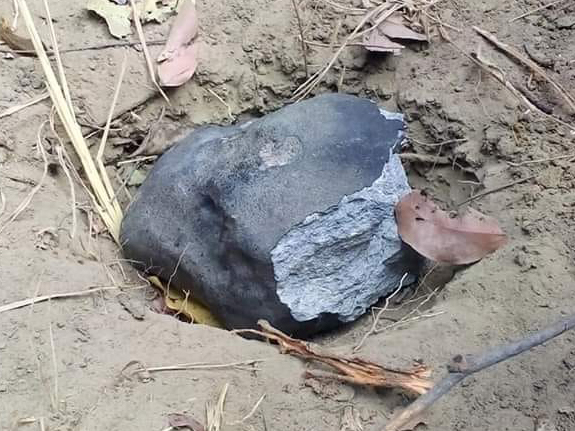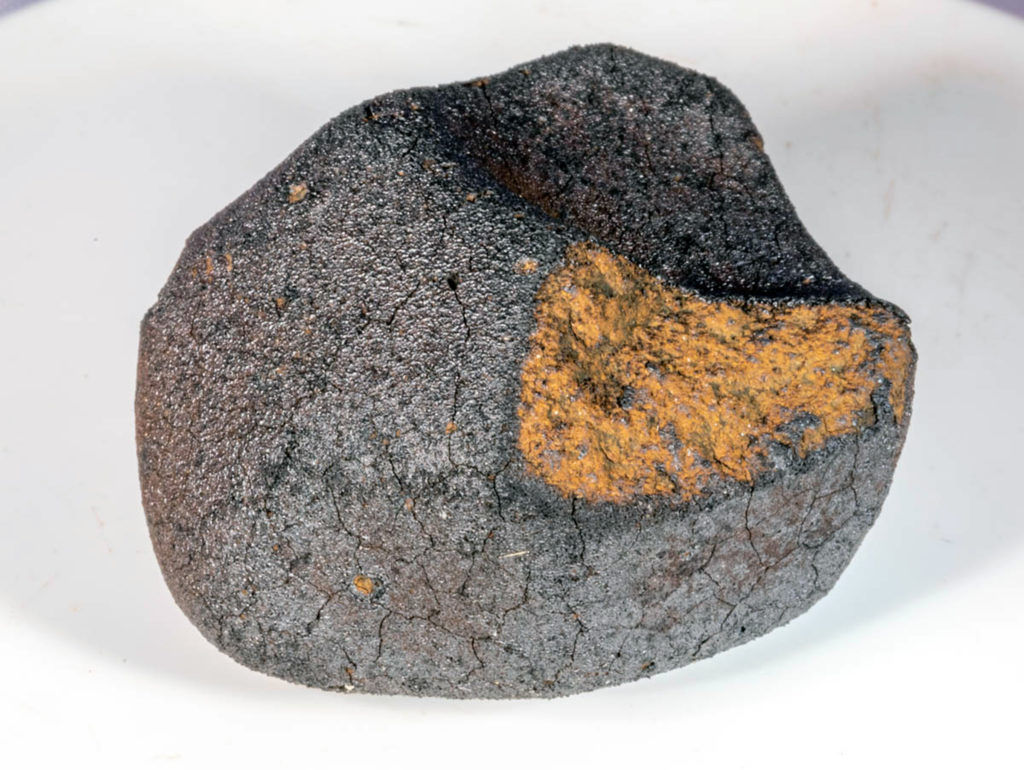Fundamental constraints and questions from the study of martian meteorites and the need for returned samplesOPEN ACCESS
Arya Udry, Amanda M. Ostwald, James M.D. Day, and Lydia J. Hallis
PNAS, January 6, 2025, 122 (2) e2404254121
LINK (OPEN ACCESS)
PDF (OPEN ACCESS)
“Physical materials from planetary bodies are crucial for understanding fundamental processes that constrain the evolution of the solar system, as samples can be analyzed at high precision and accuracy in Earth-based laboratories. Mars is the only planet outside of Earth from which we possess samples in the form of meteorites. Martian meteorites (n > 350) have enabled constraints to be placed on various aspects of the red planet’s formation and evolution, notably: that Mars accreted and differentiated rapidly; that the planet has a complex volatile element evolution; and that it has always been volcanically active with a rich and diverse magmatic history. Meteorites have limitations, however, with lack of field context, restricted lithological diversity compared to the martian surface, and with no sampling of a major portion of Mars’ history between 4.1 and 2.4 billion years ago. Returned samples from Mars have the potential to fill these gaps and answer many open questions driven by the study of meteorites, as well as reveal new fundamental research questions. Key questions that Mars Sample Return is likely to answer regard the basic evolution of the martian interior and surface, its potential for habitability and the possibility of past life, and calibration of age dating of the martian surface. Samples of various lithologies and different ages collected at Jezero crater by the Perseverance rover will aid in better understanding our own planet and will answer outstanding questions regarding Mars’ future geological evolution and habitability.”

